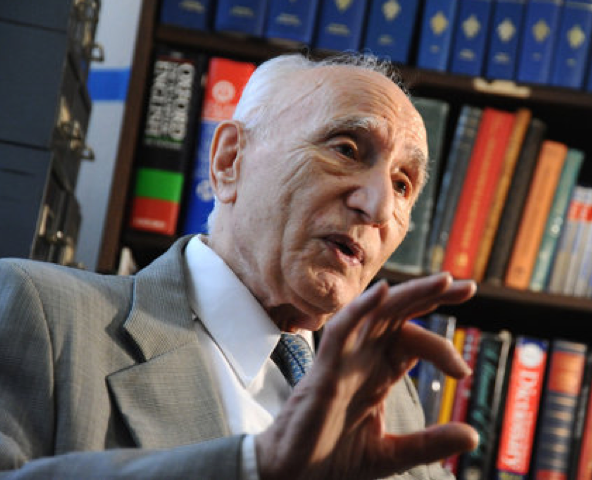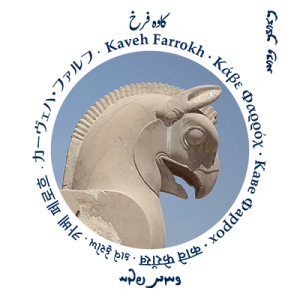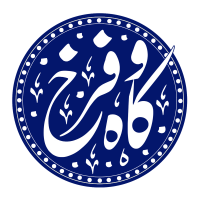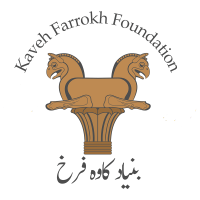Professor Ehsan Yarshater has initiated a petition in objection to Princeton University’s selection of “Pourdavoud Chair in pre-modern Persia”. The news items below was posted by Payvand News. Kindly note that excepting the first photo, the other three pictures and captions did not appear in the original Payvand News report.
Dr. Mohamad Ala (Recipient of Grand Prix Film Italia Award) has made the following revelation on December 14, 2013:
Friends:
A little research shows that the person behind this agenda is Professor Dimitri Gutas of Yale, who invented the term Greco-Arabian for scholars such as Farabi, Khwarazmi, Ebne Sina etc. to deny their Persianness. Van Bladel happens to have studied with him.
===========================================================
To be delivered to Christopher L. Eisgruber, President, Princeton University, David P. Dobkin, Dean of the Faculty, Princeton University, Mrs. Sharmin Mossavar-Rahmani, and Marc Beissinger, Professor of Politics; Chair of the Search Committee for the Pourdavoud Chair in Pre-Modern Persia, Princeton University
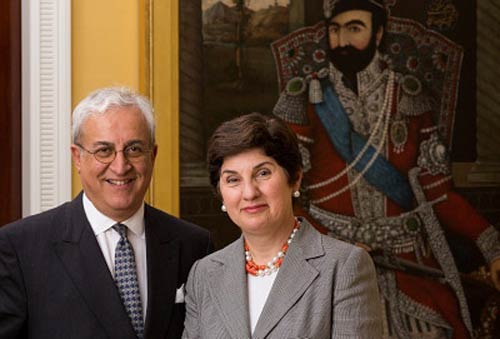 Princeton alumni Bijan and Sharmin Mossavar-Rahmani created a center for Iran and Persian Gulf studies with a $10 million gift to the University (Photo by Steve Freeman – posted in Payvand News).
Princeton alumni Bijan and Sharmin Mossavar-Rahmani created a center for Iran and Persian Gulf studies with a $10 million gift to the University (Photo by Steve Freeman – posted in Payvand News).
Objection by the International community of Iranian Studies to the selection of a scholar of Greco-Arabic, to the Pourdavoud Chair in pre-modern Persia at Princeton University.
PETITION BACKGROUND
President Christopher L. Eisgruber
Office of the President
1 Nassau Hall Princeton University
Princeton, NJ 08544
December 3, 2013
Dear President Eisgruber,
The community of scholars in Iranian Studies was delighted when Mr. and Mrs. Mossavar-Rahmani endowed a chair for Iranian Studies at Princeton University. Their delight was increased by the chair being named after Ebrahim Pourdavoud, a great Iranian scholar who pioneered Zoroastrian Studies in that country and translated the entire Avesta, the holy book of the Zoroastrians, into Persian, while providing ample commentaries for it. He was an outstanding patriot dedicated to reviving the ancient heritage of Iran.
The hope of scholars of Iranian Studies had been that the chair’s naming would be indicative of its focusing on the pre-Islamic culture and history of Iran, when Iranians gave rise to the Zoroastrian religion, and three major dynasties, namely, the Achaemenian, the Parthian, and the Sasanian, emerged. The study of this period has been recently weakened by the demise of several scholars who were regretfully not replaced in the same field. It was thus greatly hoped that the chair named after Pourdavoud, who personified the Iranian pre-Islamic history and culture more than anyone else, would help restore the balance, and the Pourdavoud Chair would be held by a scholar specializing in ancient Iran.
The scholar who has been suggested by the Selection Committee, good scholar as he may be, has been trained in Greco-Arabic and the great majority of his publications concern these two fields rather than Iranian languages and culture. To allow a chair named after Pourdavoud, who spent all his life teaching and writing about Zoroastrianism and the pre-Islamic culture of Iran, to be held by someone whose formal academic training has been in Arabic, Syriac, and Greek, and who by and large is unknown in the field, is considered a slap in the face of Iranian Studies, the community at large, and the memory of Pourdavoud.
We hope that a careful consideration of the purpose of the Chair and its name would persuade the Selection Committee to make a choice that would not contradict the aims of the endowed position, weaken the field of Iranian Studies, and discredit the legacy of Ebrahim Pourdavoud.
I have spoken to several colleagues in the field of Iranian Studies and I may report that they all agree with me. Some of them will be writing to you, others will be endorsing this letter.
With kind regards,
Ehsan Yarshater
Director, Center for Iranian Studies, Columbia University;
Hagop Kevorkian Professor Emeritus of Iranian Studies;
Editor, Encyclopaedia Iranica;
Editor, A History of Persian Literature
Center for Iranian Studies
Columbia University in the City of New York
450 Riverside Drive, No. 4
New York, N.Y. 10027-6821
Tel: (212) 851-9161
Fax: (212) 749-9524
E-mail: [email protected]
Cc: Mr. and Mrs. Mossavar-Rahmani;
Professor David P. Dobkin, Dean of the Faculty.
SIGN PETITION HERE (over 1500 have signed the petition and the list is growing)

